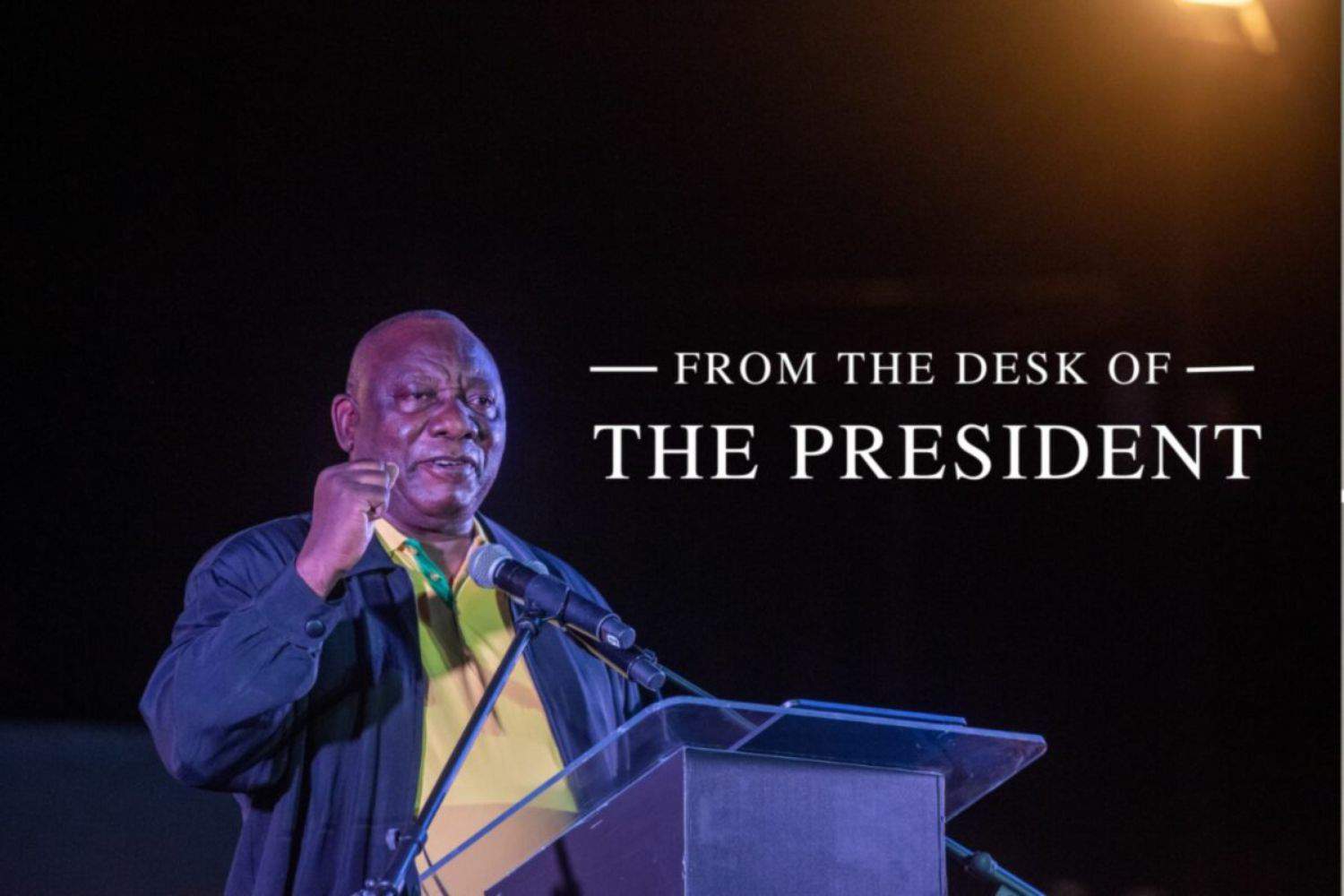A progress report on Operation Vulindlela was released last week to show the progress on economic reform.

President Cyril Ramaphosa has slammed opposition parties who claim the economic reforms in the country represent a “form of privatisation”.
Ramaphosa said South Africa is making steady progress on economic reform to combat an unreliable energy supply, inefficient rail and ports, high data costs and a visa system that has deterred investors and tourists.
Progress report
Last week Pretoria released a progress report on Operation Vulindlela, a government-wide initiative to accelerate progress on economic reform.
Established in the aftermath of Covid in October 2020, the joint initiative of the Presidency and National Treasury was formed with the aim of driving rapid and inclusive economic growth and job creation through structural reforms.
The first phase of Operation Vulindlela focused on tackling issues in five areas – energy, logistics, water, telecommunications and the visa system.
ALSO READ: ‘Operation Vulindlela update provides detailed progress’ – Presidency
‘Baseless claims’
Writing in his weekly newsletter on Monday, he said South Africa has made progress despite criticism from opposition parties.
“The claims by some opposition parties that these reforms represent a form of privatisation are baseless and misguided. The measures we are taking are common sense reforms that will preserve public ownership of key infrastructure while introducing greater competition, dynamism and investment.
“A number of our peer countries introduced similar reforms, which have powered their economies to higher levels of growth,” Ramaphosa said.
Steady progress
Ramaphosa said the Operation Vulindlela report showed that the economic reform programme is making steady progress, opening the way to more rapid, inclusive and sustainable growth and job creation.
“We have made significant progress since then in clearing these obstacles with a clear view to enhance economic growth. The reduction in load shedding over the past year was supported by the reforms that we introduced to unlock private investment in electricity generation, while reforms in the telecommunications sector have brought down the cost of mobile data.
“We have reduced the turnaround times for approval processes for water use licences and energy projects, made great progress in clearing the visa application backlog, and expanding the eVisa scheme,” Ramaphosa said.
ALSO READ: Ramaphosa defends police commission of inquiry
Next phase
Ramaphosa said the next phase of Operation Vulindlela, which was initiated in April this year, builds on “these successes”.
“As part of Operation Vulindlela Phase II, we are also reforming the local government system to ensure that basic services such as water and electricity – which are essential for economic growth – are delivered efficiently and reliably.”
Ramaphosa said all of these reforms are “designed to boost economic growth and create jobs for South Africans”.
ALSO READ: ‘Ramaphosa will go down in history as one of the most useless presidents’ – analyst






